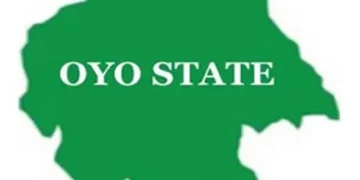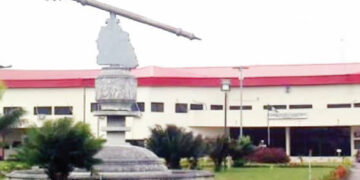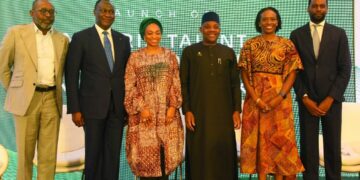The Catholic Bishop of Sokoto Diocese, Rt. Reverend Mathew Kukah, has emphasised the imperative of managing Nigeria’s diversity.
Speaking at the inauguration lecture for the incoming administration, titled “Religious Tolerance and Inclusiveness,” on Saturday in Abuja,
Bishop Kukah described diversity as a complex science brimming with great possibilities.
According to him, neither ethnicity nor religion poses a problem for the country; rather, it is the challenge of blending these diversities that must be addressed.
He called upon Nigeria’s political leaders, particularly the incoming administration led by Bola Tinubu, to rise up to the challenge of uniting different ethnic groups and identities in the country.
He stressed that religion, ethnicity, and gender are not the problems; rather, it is the effective management of the nation’s diversities that holds the key.
Bishop Kukah highlighted the pervasive multi-dimensional poverty that Nigerians are currently enduring, pointing out that poverty knows no discrimination based on religion, tribe, or any other identity.
He stated, “Right now, 133 million Nigerians are suffering from various levels of multi-dimensional poverty. I have not observed that Muslims have access to electricity while others do not, nor have I witnessed a scenario where only Muslims have access to food while the rest of us go without.
Our suffering is not determined by our religious or ethnic affiliation; rather, it is a result of a malfunctioning country. The challenge lies in making the country work for everyone, irrespective of their social standing.”
Acknowledging the complexity of the issue at hand, Bishop Kukah underlined that the government alone cannot possess all the answers but must embrace the fact that seeking solutions requires collaboration and an open-minded approach.
He concluded his address on an optimistic note, expressing his belief in the inherent beauty of Nigeria and its potential to succeed.
Despite traveling the world and encountering opportunities elsewhere, he urged young Nigerians not to be discouraged from leaving the country, adding, “It’s for the good of the country. The challenge for us as Africans is to think the way the Asians have thought; you can go to Europe or America with a purpose, but that purpose should also include returning to develop your own country.
For this to happen, Nigeria must create an enabling environment where individuals can feel confident in contributing their God-given talents.”
The Sultan of Sokoto, Abubakar III, also addressed the gathering on the subject of religious tolerance and inclusiveness.
Expressing gratitude for witnessing the seamless seventh consecutive democratic transition of power in Nigeria, he highlighted the gravity of poverty and ignorance in the country, further exacerbated by its rapidly increasing population.
With the United Nations estimating that Nigeria’s population will surpass 400 million by 2050, making it the third most populous country in the world after India and China, the Sultan stressed the importance for political leaders to not solely focus on the next election but also consider the well-being of future generations.
The Sultan prayed for guidance, wisdom, and patience for Nigeria’s leaders as they strive to lead the nation to unprecedented heights, fostering peace and stability across the country.





